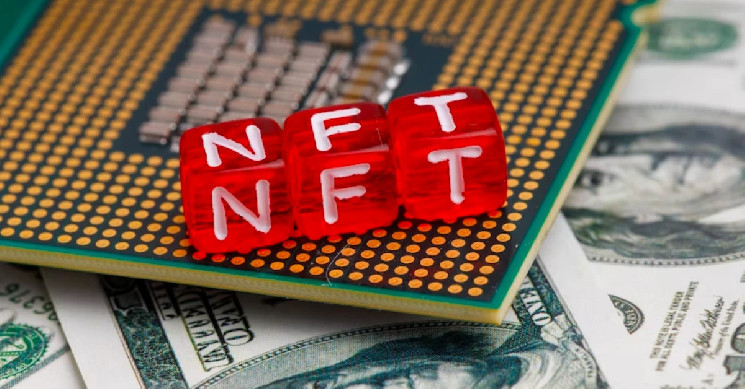Stoner Cats 2 LLC, the entity behind the animated series, has agreed to pay a $1 million settlement to the U.S. Securities and Exchange Commission (SEC). The SEC charged the company with illegally raising about $8 million from the sale of more than 10,000 NFTs within a mere 35 minutes on July 27, 2021. Notably, the settlement comes without any admission or denial of wrongdoing on Stoner Cats 2 LLC’s part.
Today we charged Stoner Cats 2 LLC with conducting an unregistered offering of crypto asset securities in the form of purported non-fungible tokens (NFTs) that raised approximately $8 million from investors to finance an animated web series called Stoner Cats.
— U.S. Securities and Exchange Commission (@SECGov) September 13, 2023
Stuart Alderoty, the Chief Legal Officer of Ripple Labs Inc., expressed skepticism about the effectiveness of the SEC’s actions. While Alderoty didn’t comment on the specifics of the Stoner Cats case, he did state that settlements to “avoid a crushing SEC process without admitting or denying anything” are not legally binding. He inferred that when the SEC is taken to court, it continues to lose.
What the SEC Has to Say?
According to Gurbir Grewal, Director of the Division of Enforcement at the SEC, the criteria for labeling an asset a “security” revolves around its economic substance rather than its external attributes or labeling. The message from the SEC seems clear: It doesn’t matter if your offering is as cute as a kitten or as wild as a chinchilla; if it looks like a security and acts like a security, the SEC will treat it as such.
James K. Filan, a former Federal Prosecutor, and Bill Morgan, an Australian Lawyer and Digital Asset enthusiast, both critiqued the SEC’s approach. They argue that the regulatory body is more burdensome than protective, especially in a market it doesn’t fully understand. He also applauded that Ripple fought and got a ‘not security’ status for its token XRP.
What Makes NFTs Securities?
Mike Selig, a Crypto & Finreg lawyer, highlighted several factors contributing to the SEC’s viewpoint:
- Rights Reservation: Unlike Creative Commons Zero – CCO – (no rights reserved), the Stoner Cats NFTs reserved all commercial rights to the underlying intellectual property, a key variable in determining them as securities.
- Marketing Strategy: The issuer promoted the NFTs as an investment that would increase in value with the success of an associated animated series—echoing the ICO boom that swept the crypto industry in 2017.
- Royalties: The issuer received a 2.5% royalty on secondary sales, which, according to the SEC, incentivized the issuer to boost secondary trading.
The Stoner Cats 2 LLC case has ignited renewed scrutiny on whether NFTs are the ICOs of this new crypto era. Legal experts argue that Ripple’s resistance against the SEC’s regulations has at least set a single token aside as a non-security, but the general mood suggests that the SEC is far from finished in tightening its regulatory grip on crypto-assets.
 coinpedia.org
coinpedia.org
